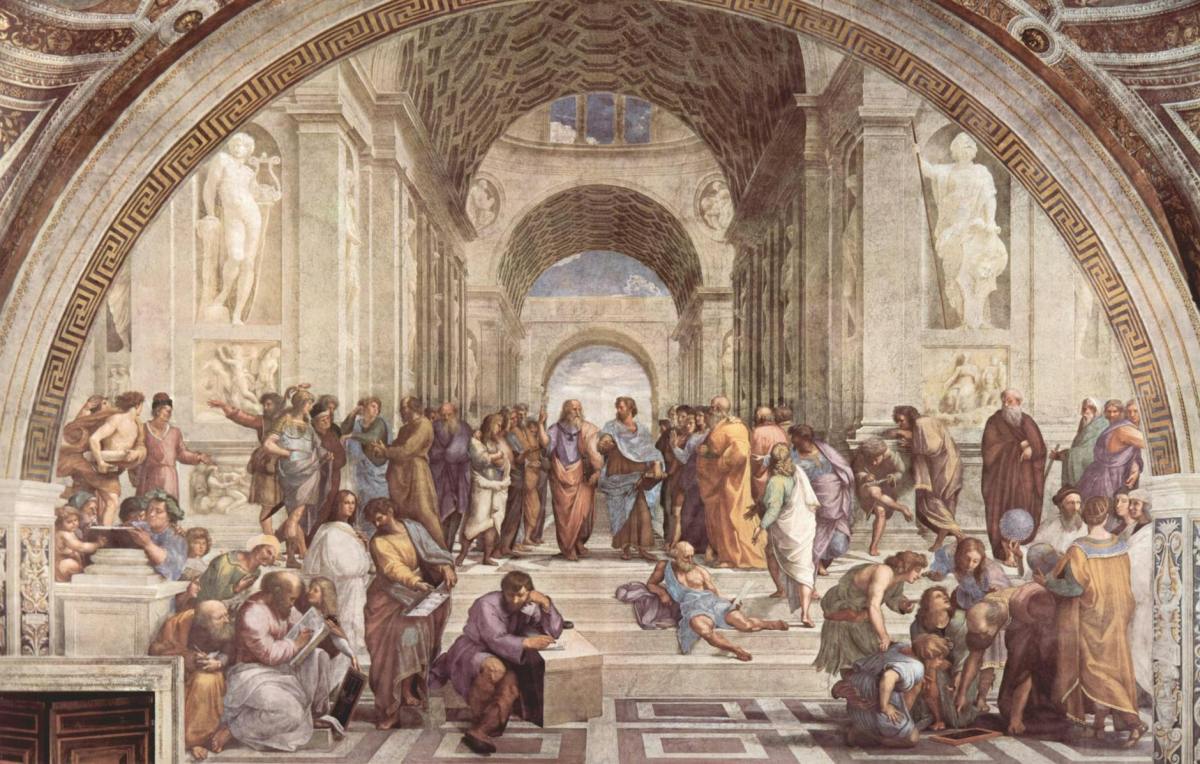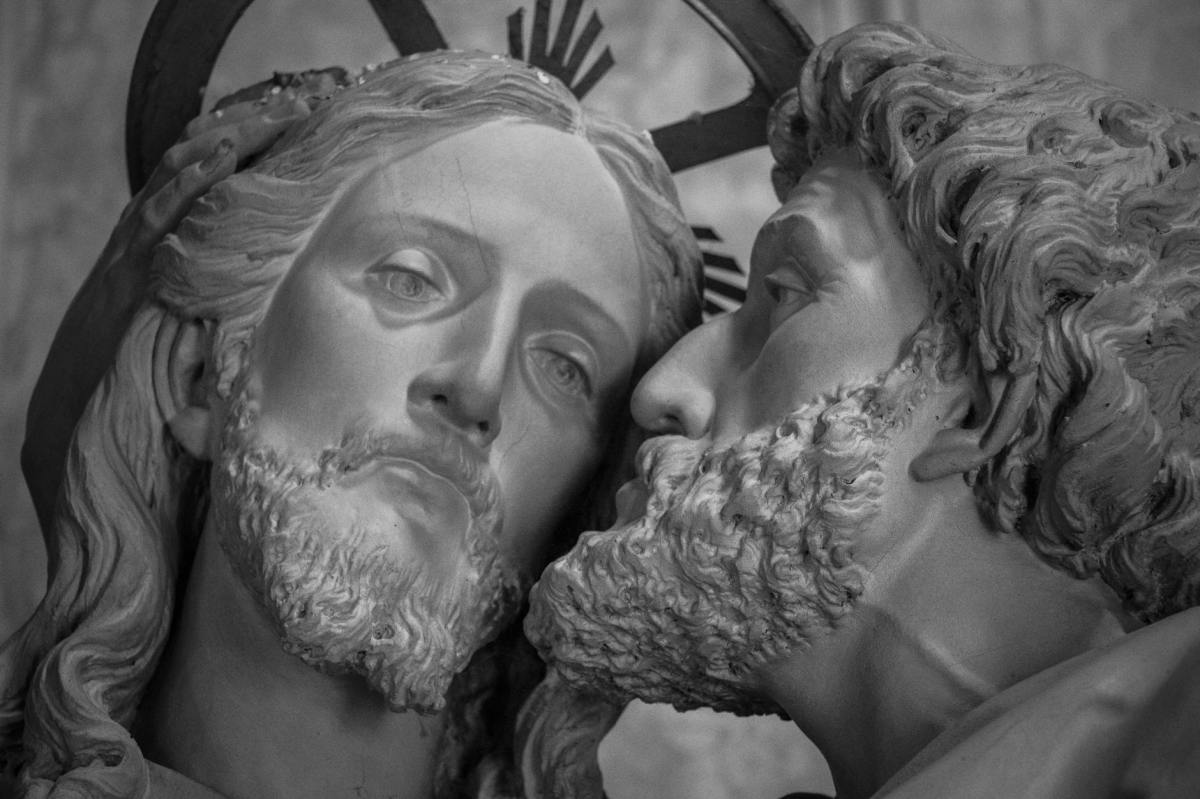Have you ever been summoned before a powerful leadership group? How was your experience? Irrespective of your level of influence and riches, to be summoned by a ruling body for the wrong reasons can be quite unpleasant. Even If you are innocent, your reputation could be at stake. When you are finally able to come out of such an environment, you are very careful never to go back again. Other than someone doing something deserving to be summoned, sometimes political factors could also motivate the ruling authorities to summon someone. In such instances, the accused people will have to defend themselves from political vindictiveness and clear their names from every wrong accusation. Jesus was going about His business but on the other side, the religious leaders were seriously plotting His downfall and arrest. One of Jesus’ own disciples became the channel for Jesus’ arrest. The Betrayer sold his master for just 30 pieces of silver.
The Sanhedrin was the highest Jewish legislative body. They deliberated on issues of national Importance. Like the Jewish Supreme Court, important decisions were made by the Sanhedrin. During the time of Jesus, an accusation that Jesus could course a potential revolt led to the convening of the Sanhedrin to find ways and means to end the ministry of Jesus. There is no record of Jesus’ accused revolt anywhere. Infact, Jesus helped the poor, healed the sick, raised the dead, and restored hope and joy. If the Sanhedrin were really impartial, they would have looked for ways and means to collaborate with Jesus to ensure a happy society. However, most of the individual members of the Sanhedrin felt threatened by the presence of Jesus. In one of the meetings of the Sanhedrin, there was a concern that Jesus was performing many signs and wonders and that if He is allowed to go on everyone will believe in him, and then the Romans will come and take away both their temple and their nation (John 11:47-48). In the same meeting, Caiaphas, who was high priest that year, spoke up, “You know nothing at all! You do not realize that it is better for you that one man die for the people than that the whole nation perish.” (John 11:49-50).
The chief priests and the whole Sanhedrin were looking for false evidence against Jesus so that they could put him to death. But they did not find any, though many false witnesses came forward. Finally two came forward. (Matthew 26:59-60).
So the fate of Jesus was decided even without evidence of Him committing any crime. No wonder when Jesus was brought before the Sanhedrin, the chief priests and the whole Sanhedrin were looking for false evidence against Jesus so that they could put him to death. But they did not find any, though many false witnesses came forward. Finally two came forward. (Matthew 26:59-60). The two witnesses claimed that, “This fellow said, ‘I am able to destroy the temple of God and rebuild it in three days.’ ” (Matthew 26:61). This accusation was not enough to condemn Jesus. Infact, when Jesus made this statement “Destroy this temple, and I will raise it again in three days”, the temple He had spoken of was his body (John 2:19, 21). Jesus did not reply to them for their accusations. Then the high priest said to him, “I charge you under oath by the living God: Tell us if you are the Messiah, the Son of God.” (Matthew 26:63). Jesus’ reply to the question of His identity was this: “You have said so. But I say to all of you: From now on you will see the Son of Man sitting at the right hand of the Mighty One and coming on the clouds of heaven.” (Matthew 26:64).
At this, the high priest tore his clothes and said, “He has spoken blasphemy! Why do we need any more witnesses? Look, now you have heard the blasphemy.” (Matthew 26:65). At that instant, the Sanhedrin decided the fate of Jesus: “He is worthy of death”. (Matthew 26:66). Jesus wasn’t given the opportunity to defend Himself. He had no lawyer, neither was He allowed to explain why He called Himself the Son of God. The trial was over. What was needed was the approval of the Roman authorities to crucify Jesus. In just one meeting, the highest legislative body of the Jews decided the fate of the Son of God. In their ignorance, they fulfilled prophecy and became the accusers of their own Saviour. In our study of the suffering servant, we identified that the suffering of the servant wasn’t accidental. Isaiah 53:10 makes us understand that “it was the Lord’s will to crush him and cause him to suffer, and though the Lord makes his life an offering for sin, he will see his offspring and prolong his days, and the will of the Lord will prosper in his hand.”
Before the Sanhedrin, the Son of God fulfilled prophecy. His condemnation became the vindication for those who believe. Yet, the Sanhedrin thought they were crushing a rebel, they were condemning someone with the potential to share in their glory. They had no idea that their verdict aligned prophecy and brought to fulfillment the wiĺ of God. Jesus was condemned and crucified. But, death could not hold Him, the grave could not keep Him, the Roman soldiers could not watch Him. On the third day, death, the grave, Hades, and all powers and principalities bowed as the King of Glory made a triumphant reentry into the world not just as the Son of Mary but as the Son of God who brought redemption. Our past, present and future were secured by One Man’s sacrifice on the cross. Hallelujah!



